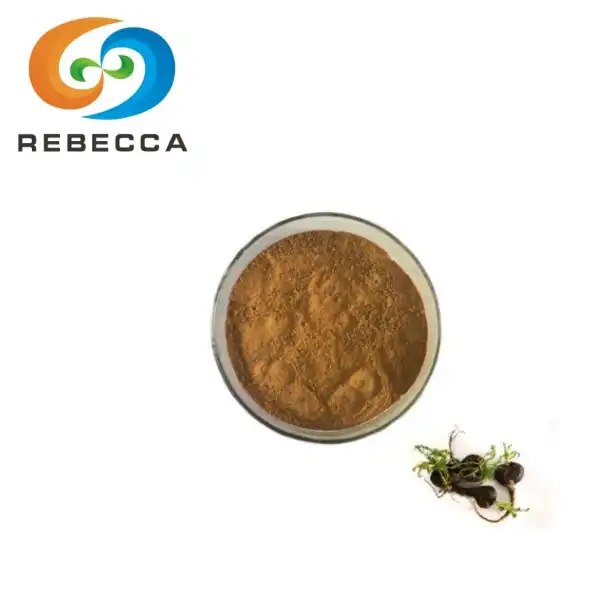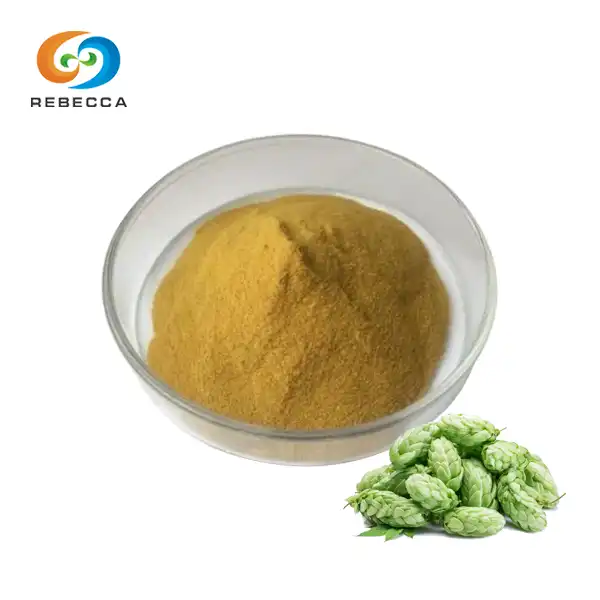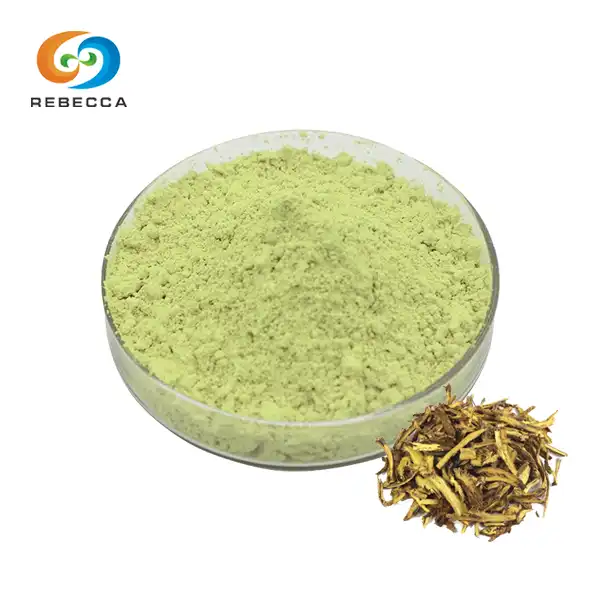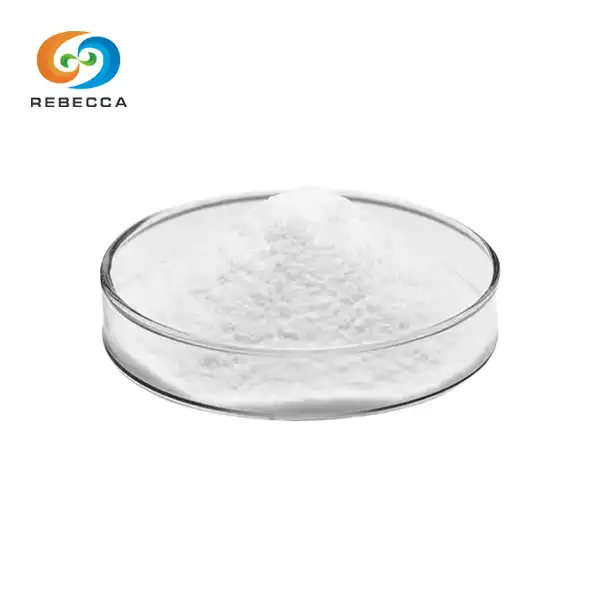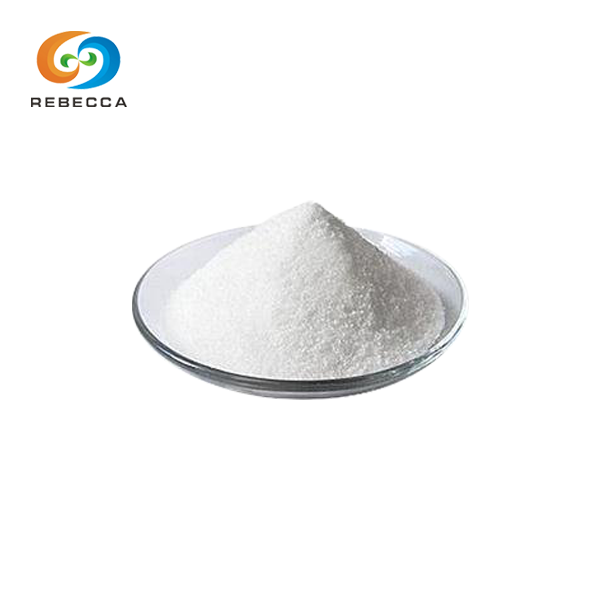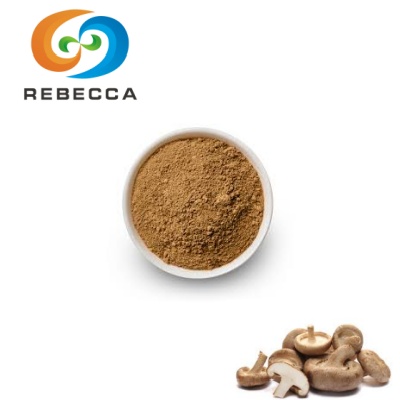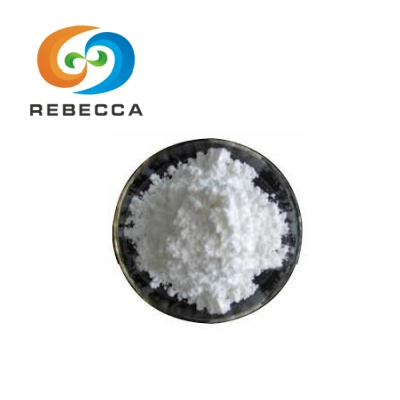Are cranberry extract and lingonberry extract the same?
Cranberry extract and lingonberry extract, while sharing some similarities, are distinct supplements derived from different berries. Both belong to the Vaccinium genus and offer impressive health benefits, but they have unique nutritional profiles and potential applications.
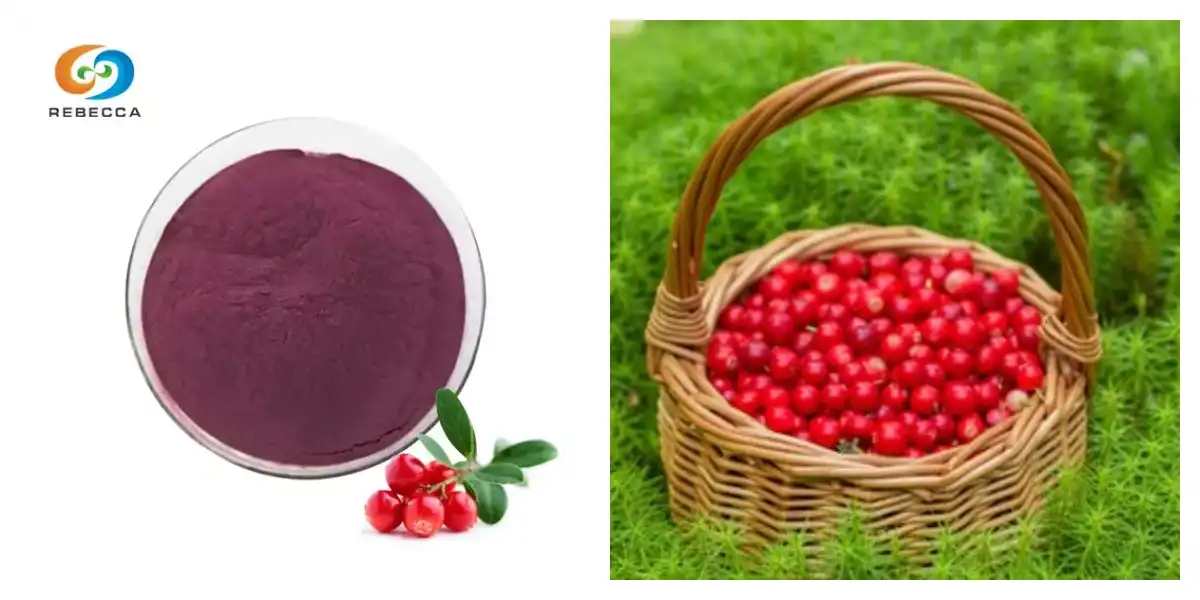
Lingonberry Extract
Product name: Lingonberry fruit extract anthocyanidins
Plant source: Vaccinium vitis-idaea L.
Product specification: 5-25% anthocyanins,fruit powder,juice powder
Detection method: UV
Product properties: purple powder
Use part: Fruit
Shelf life: 24 months
Comparing the nutritional profiles of cranberry and lingonberry
Antioxidant content: Cranberry vs. Lingonberry
Both cranberry and lingonberry extracts are renowned for their high antioxidant content, but they differ in their specific antioxidant profiles. Cranberries are particularly rich in proanthocyanidins (PACs), which are known for their ability to prevent bacterial adhesion, especially in urinary tract infections. Lingonberries, on the other hand, boast a higher concentration of anthocyanins, the compounds responsible for their deep red color and potent anti-inflammatory properties.
Research published in the Journal of Agricultural and Food Chemistry has shown that lingonberries contain higher levels of certain flavonoids compared to cranberries. These flavonoids, including quercetin and kaempferol, contribute to the berries' antioxidant capacity and potential health benefits. The unique antioxidant profile of lingonberry extract makes it a valuable supplement for those seeking to combat oxidative stress and support overall cellular health.
Vitamin C levels in cranberry and lingonberry extracts
Vitamin C is an essential nutrient and a powerful antioxidant found in both cranberry and lingonberry extracts. However, the concentration of vitamin C can vary between these two berries. Lingonberries typically contain higher levels of vitamin C compared to cranberries. This higher vitamin C content in lingonberry extract may contribute to its potential immune-boosting and skin health benefits.
A study published in the European Journal of Nutrition found that lingonberries contained approximately 30% more vitamin C than cranberries when compared on a weight-for-weight basis. This difference in vitamin C content can be significant for individuals looking to maximize their intake of this important nutrient through natural sources or supplements.
Mineral composition: Differences and similarities
While both cranberry and lingonberry extracts provide essential minerals, their mineral profiles show some notable differences. Lingonberries tend to have higher levels of manganese, a mineral crucial for bone health and antioxidant function. Cranberries, in contrast, are typically richer in potassium, which plays a vital role in maintaining healthy blood pressure levels.
Both berries contain trace amounts of other minerals such as iron, calcium, and magnesium. However, the concentrations of these minerals can vary depending on factors such as growing conditions and extraction methods. When considering mineral content as a factor in choosing between cranberry and lingonberry extracts, it's important to evaluate individual nutritional needs and consult with a healthcare professional.
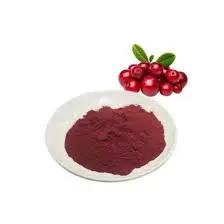
Health benefits: Cranberry vs. Lingonberry extracts
Cranberries' impact on urinary tract health
Cranberry extract has long been associated with urinary tract health, primarily due to its high content of proanthocyanidins (PACs). These compounds have been shown to inhibit the adhesion of certain bacteria, particularly E. coli, to the urinary tract walls. This anti-adhesion property can help prevent urinary tract infections (UTIs) and promote overall urinary health.
A comprehensive review published in Advances in Nutrition examined multiple clinical studies and concluded that regular consumption of cranberry products, including extracts, could reduce the risk of recurrent UTIs in certain populations. While lingonberry extract may offer some similar benefits, the research on its specific impact on urinary tract health is not as extensive as that for cranberries.
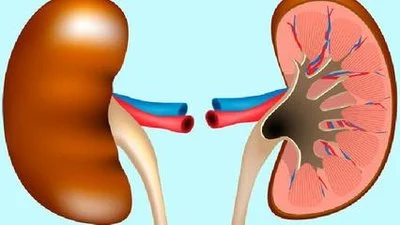
Lingonberry's potential for blood sugar regulation
Lingonberry extract has shown promising results in studies related to blood sugar regulation and metabolic health. The unique combination of polyphenols found in lingonberries may help improve insulin sensitivity and glucose metabolism. This potential benefit makes lingonberry extract an interesting supplement for individuals concerned about maintaining healthy blood sugar levels.
Research published in the Journal of Functional Foods demonstrated that lingonberry extract could help reduce postprandial glucose and insulin levels in healthy adults. These findings suggest that lingonberry supplementation might be beneficial for individuals looking to support their metabolic health and potentially reduce the risk of type 2 diabetes.

Cardiovascular benefits of both berries
Both cranberry and lingonberry extracts offer potential cardiovascular benefits, largely due to their high antioxidant content and anti-inflammatory properties. These berries may help reduce oxidative stress and inflammation, two key factors in the development of cardiovascular disease.
Studies have shown that regular consumption of cranberry extract may help improve lipid profiles by reducing LDL cholesterol and increasing HDL cholesterol levels. Similarly, lingonberry extract has been associated with improvements in vascular function and blood pressure regulation. The combination of these effects from both berries can contribute to overall heart health and may reduce the risk of cardiovascular events.

How to choose between cranberry and lingonberry supplements?
Evaluating extract quality and concentration
When selecting between cranberry and lingonberry extracts, it's crucial to consider the quality and concentration of the supplement. Look for products that specify the standardization of key bioactive compounds, such as proanthocyanidins for cranberry extracts or anthocyanins for lingonberry extracts. High-quality supplements should provide information on the extraction method used and the concentration of active ingredients.
Reputable manufacturers will often have third-party testing results available, which can verify the purity and potency of their extracts. Additionally, consider supplements that are free from unnecessary additives and fillers, ensuring you're getting the most benefit from the berry extract itself.
Considering specific health goals when selecting
Your choice between cranberry and lingonberry extracts should align with your specific health goals. If urinary tract health is your primary concern, cranberry extract may be the more suitable option due to its well-established benefits in this area. For those focusing on metabolic health or blood sugar regulation, lingonberry extract might be the preferred choice.
Consider consulting with a healthcare professional or nutritionist who can help you determine which extract best suits your individual needs. They can take into account factors such as your medical history, current health status, and any medications you may be taking to provide personalized recommendations.
Combining cranberry and lingonberry for synergistic effects
In some cases, combining cranberry and lingonberry extracts may offer synergistic benefits. The diverse array of antioxidants and bioactive compounds found in both berries could potentially work together to provide a more comprehensive range of health benefits. Some supplement manufacturers offer products that contain both cranberry and lingonberry extracts, capitalizing on the unique properties of each berry.
When considering a combined supplement, ensure that the product provides adequate amounts of both extracts and that the combination doesn't compromise the concentration of key active ingredients. As with any supplement regimen, it's advisable to start with individual extracts before combining them, to better understand how your body responds to each.
While cranberry and lingonberry extracts share some similarities, they are distinct supplements with unique nutritional profiles and potential health benefits. Cranberry extract is well-known for its positive impact on urinary tract health, while lingonberry extract shows promise in blood sugar regulation and metabolic support. Both offer cardiovascular benefits due to their high antioxidant content. When choosing between these extracts, consider your specific health goals, the quality of the supplement, and consult with a healthcare professional for personalized advice. Whether used individually or in combination, these berry extracts can be valuable additions to a health-focused supplement regimen.
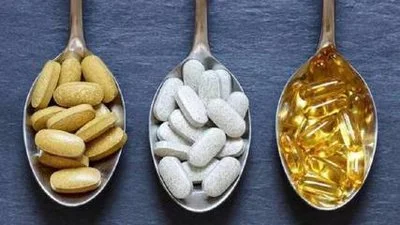
Lingonberry Extracts Factory
At Rebecca Bio-Tech, we specialize in providing premium-quality lingonberry fruit extract sourced from the pristine Nordic forests where Vaccinium vitis-idaea L. grows naturally. Our product specifications include 5-25% anthocyanins in both fruit powder and juice powder forms. We use reliable UV detection methods to ensure consistent quality. The vibrant purple powder retains the natural bioactive compounds and is derived from the fruit. The shelf life of the product is 24 months.
For detailed specifications, pricing information, or to discuss your specific requirements, please contact our experienced team at information@sxrebecca.com. We are committed to supporting your success with superior botanical extracts backed by comprehensive quality assurance.
References
- Howell, A. B. (2007). Bioactive compounds in cranberries and their role in prevention of urinary tract infections. Molecular Nutrition & Food Research, 51(6), 732-737.
- Ek, S., Kartimo, H., Mattila, S., & Tolonen, A. (2006). Characterization of phenolic compounds from lingonberry (Vaccinium vitis-idaea). Journal of Agricultural and Food Chemistry, 54(26), 9834-9842.
- Blumberg, J. B., Camesano, T. A., Cassidy, A., Kris-Etherton, P., Howell, A., Manach, C., ... & Vita, J. A. (2013). Cranberries and their bioactive constituents in human health. Advances in Nutrition, 4(6), 618-632.
- Törrönen, R., Kolehmainen, M., Sarkkinen, E., Mykkänen, H., & Niskanen, L. (2012). Postprandial glucose, insulin, and free fatty acid responses to sucrose consumed with blackcurrants and lingonberries in healthy women. The American Journal of Clinical Nutrition, 96(3), 527-533.
- Ruel, G., & Couillard, C. (2007). Evidences of the cardioprotective potential of fruits: The case of cranberries. Molecular Nutrition & Food Research, 51(6), 692-701.
- Kivimäki, A. S., Ehlers, P. I., Turpeinen, A. M., Vapaatalo, H., & Korpela, R. (2011). Lingonberry juice improves endothelium-dependent vasodilatation of mesenteric arteries in spontaneously hypertensive rats in a long-term intervention. Journal of Functional Foods, 3(4), 267-274.
